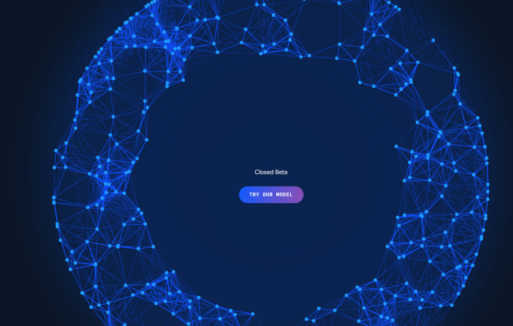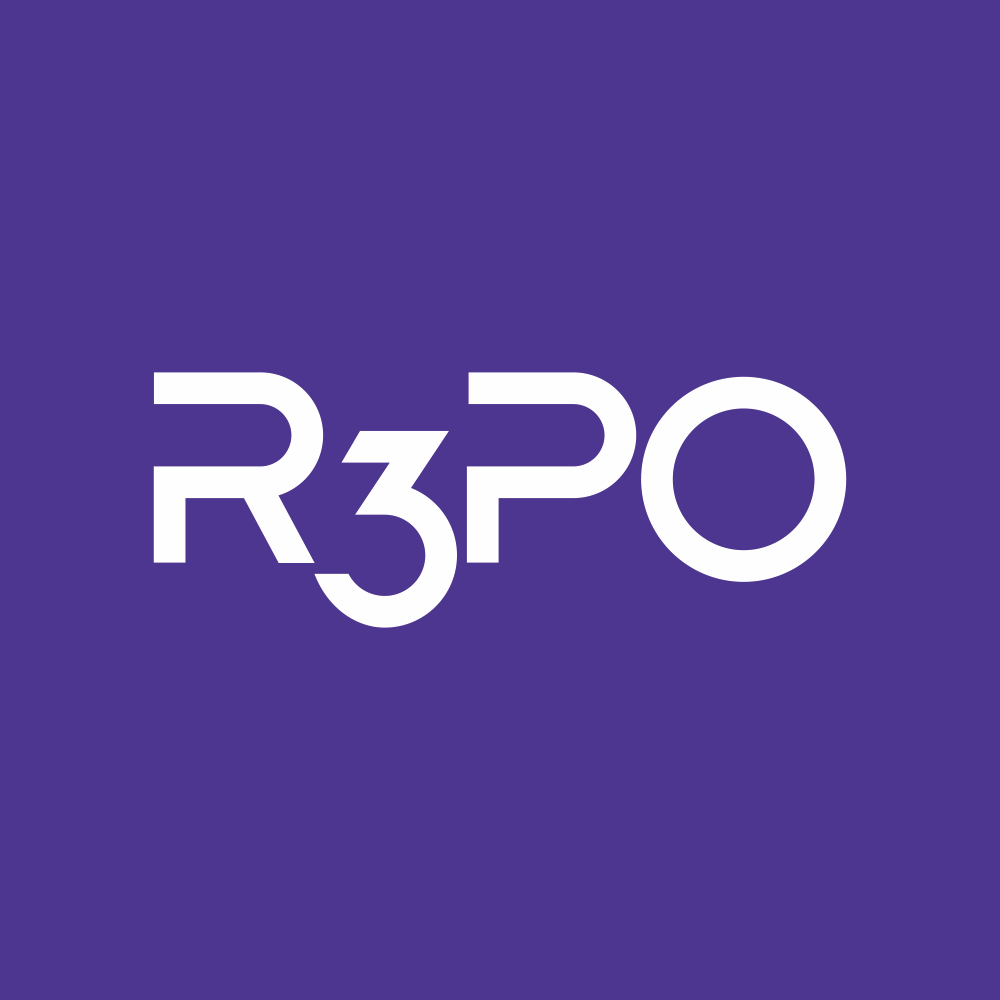From ChatGPT to privatized deployment of large AI models, who is the technological salvation of enterprises?
Meta recently launched LLaMa 2, a free and open-source commercial natural language model comparable to GhatGPT 3.5. In addition to announcing that LLaMa 2 will be free and open source for commercial use, Meta officials also released some relevant data about LLaMa 2. In terms of parameter versions, LLaMa 2 provides three different versions, namely 7 billion parameters, 13 billion parameters and 70 billion parameters.
As large-scale language models like LLaMa 2 disrupt more and more areas of production, how enterprises apply large models and how to privatize AI deployment has become a hot topic. Recently, central state-owned enterprises and industry customers with relatively strong financial strength are looking for privatization large-scale model solutions to help industry customers build dedicated large-scale models based on industry-specific data. market space.
At present, many companies can deploy AI large-scale model privatization. For example, Contextual AI is conducting technical research on augmented generation (RAG) for enterprise privatization deployment. Cohere is also training models according to customer requirements. For example, Rekas model refinement technology is Customers provide an industry-leading privatized code capability platform, which greatly improves the RD efficiency of enterprises. R 3 PO is here to disassemble this track this time, and share with you the current situation and development potential of the privatization deployment of AI large models.
1. The digital future of enterprises is inseparable from the privatization and deployment of large AI models
Many large traditional enterprises cannot use public cloud AI services due to data security and other considerations. However, the basic capabilities of AI in these enterprises are relatively weak, and they lack the accumulation of technology and talents. However, intelligent upgrading is a rigid or even urgent need for enterprises. At this time, AI technology companies are used to carry out privatization deployment of AI middle stations within enterprises. , is a more economical and efficient strategy.
Tencent Tang Daosheng pointed out in a recent speech: General large models can solve 70% -80% of problems in 100 scenarios, but they may not be able to fully meet the needs of a specific enterprise scenario. General large models are usually based on a wide range of Public literature and network information training lack the accumulation of many professional knowledge and industry data, so there are deficiencies in industry pertinence and accuracy. However, users have high requirements for professional services provided by companies and low fault tolerance. Once a company provides wrong information to the public, serious consequences may occur. By fine-tuning based on the large industry model and combining its own data, enterprises can build highly available intelligent services. In addition, compared with general-purpose large models, dedicated models have fewer parameters, lower training and inference costs, and easier model optimization.
At the same time, industry large models and model development tools can prevent the leakage of sensitive enterprise data through privatized deployment, permission control, and data encryption. In addition, the application of large models to actual scenarios requires a series of links such as algorithm construction and model deployment, and there must be no mistakes in each link. Models need to be continuously iterated and tuned, which requires the use of systematic and engineering tools.
2. What is the significance of the privatized deployment of AI large models?
Recently, Reka, a company that provides large model customized processing services for enterprises, also received US$58 million in financing, reflecting that the market for enterprise privatized AI models is gradually expanding.
Although large-scale language models like GPT-4 are already very capable of analyzing text and generating text, they are expensive to train and difficult to train in vertical fields. They are currently difficult to complete specific tasks such as writing advertising copy in a brand style. In this regard, their universal nature becomes a liability.
Aiming at the difficulty of combining the application and AI in the vertical field of enterprises, the enterprise privatization deployment solution has become the preferred solution. Enterprise AI privatization deployment is the process of migrating AI technology from the public cloud platform to the enterprises own private infrastructure. This deployment method enables enterprises to have higher data security and privacy protection, while also better controlling and customizing AI applications. Private enterprise AI deployments typically involve building in-house AI infrastructure, data storage and processing capabilities, and having AI professionals on staff to manage and operate the entire system.
When referring to the necessary significance of enterprise AI privatization deployment, Reka mainly elaborated on the industry from the following five aspects:
l Enhance data privacy and security
By deploying AI systems within the enterprise, sensitive data does not have to leave the enterprises security perimeter, reducing the risk of data leakage and security breaches. This provides businesses with increased confidence and protection for tasks involving sensitive information.
l Improve customization and flexibility
Enterprise AI privatization deployments allow organizations to tailor AI applications to their needs. This customization capability enables enterprises to better adapt to specific business scenarios and flexibly adjust and expand as needed.
l High performance and low latency
Deploying the AI system on the enterprises internal infrastructure can achieve faster data transmission and processing speed. This is very important for businesses that require real-time decision-making and quick response, improving overall efficiency and competitiveness.
l Increase cost-effectiveness
Although privatized enterprise AI deployment requires some initial investment, it can have a positive cost impact in the long run. Compared with long-term reliance on public cloud platforms, enterprise privatization deployment can reduce operating costs and better control and plan budgets.
l Data governance and compliance
A privatized enterprise AI deployment enables enterprises to better manage and control data governance to meet regulatory and compliance requirements. This is especially important for industries that involve personal privacy protection and data use compliance.
3. Personalized customization and optimization: Rekas model refining technology brings great potential to enterprise recommendation models

Researchers from DeepMind, Google, Baidu and Meta founded Reka, which is currently led by DST Global Partners and Radical Ventures, with strategic partner Snowflake Ventures and investors including former GitHub CEO Nat Friedman also participating received this financing.
Reka has now developed its first commercial product, Yasa. Although it didnt quite achieve its original goal, Yasa has made some small breakthroughs in customizing the model. Yogatama said that Yasa is a multi-modal AI assistant. After training, in addition to words and phrases, it can understand images, videos and table data; in addition, it can automatically generate ideas and answer basic questions, and can also Give some perspective on the company’s internal data.
Unlike models like GPT-4, Yasa can be easily personalized for proprietary data and applications. In addition to text, Yasa is a multimodal AI “assistant” trained to understand images, videos, and tabular data in addition to words and phrases. Yogatama says it can be used to generate ideas and answer basic questions, as well as gain insights from a companys internal data.
The next step for Reka is to turn its attention to artificial intelligence that can accept and generate more types of data and constantly improve itself, staying up to date without the need for retraining. To this end, Reka also provides a service that allows the models it develops to be adapted to custom or proprietary company data sets. Customers can run customized processed models on their own infrastructure or through Rekas API. Depends on application and project constraints.
4. The privatization deployment market of AI large models is booming
Enterprise customized AI deployment technology brings higher efficiency and flexibility to large-scale recommendation models through advantages in resource efficiency, real-time performance, personalization, and interpretability, improving the performance of recommendation systems and users. experience.
In summary, many companies are moving forward on the road of customized AI models, giving every enterprise the opportunity to become an AI enterprise without having to build a model from scratch. Clearly, the market size for corporate privatized AI models will only grow as this trend develops.
Reference link:
https://baijiahao.baidu.com/s?id=1772397234831147837&wfr=spider&for=pc
https://wallstreetcn.com/articles/3691998
Copyright statement: If you need to reprint, please add the assistant WeChat to communicate. If you reprint or wash the manuscript without permission, we will reserve the right to pursue legal responsibility.
Disclaimer: The market is risky, so investment needs to be cautious. Readers are requested to strictly abide by local laws and regulations when considering any opinions, views or conclusions in this article. The above content does not constitute any investment advice.



